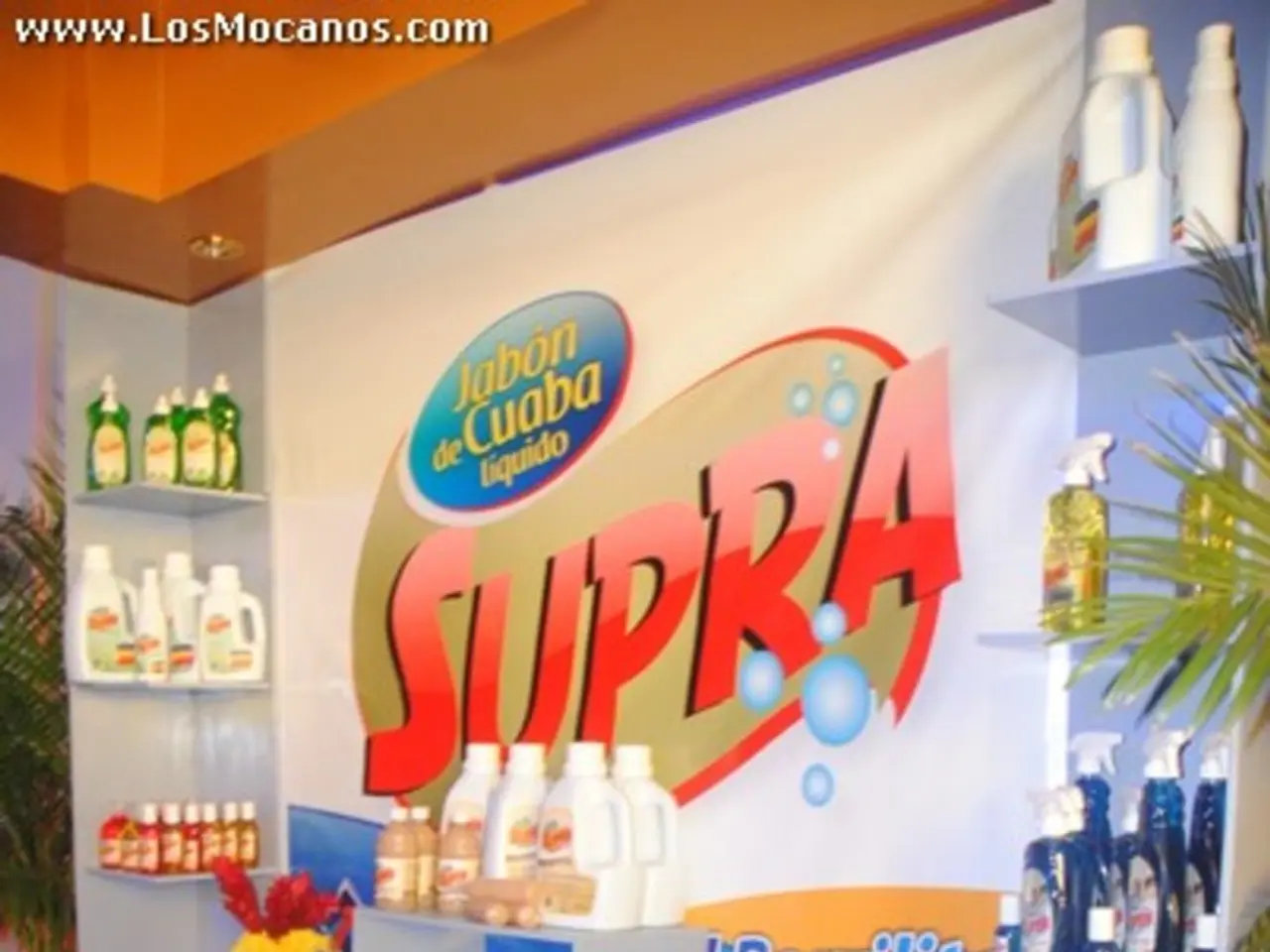Exploring Eco-Friendly Branding: The Variety of Sustainable Labels and Adhesives
In a world increasingly conscious of its environmental footprint, brands are turning to sustainable labels and stickers as a means to align with consumer values and reduce their environmental impact. These eco-friendly alternatives offer a variety of benefits, from minimising waste to supporting renewable resources.
## Types of Sustainable Labels and Stickers
### Recycled Content Labels
Made from post-consumer or post-industrial recycled materials, recycled content labels play a significant role in reducing reliance on virgin resources. By adhering to circular economy principles, these labels help minimise waste in production.
### Biodegradable Labels
Biodegradable labels are designed to break down naturally over time under environmental conditions, reducing their impact on landfills and ecosystems. Materials such as bagasse (sugarcane fiber) and semi-gloss wood-free options are commonly used, ensuring a minimal carbon footprint.
### Compostable Labels
Compostable labels can be composted in industrial or home composting environments, breaking down into natural components. Certified compostable materials like Natureflex, which complies with standards like EN13432, are used in their production. Compostable labels support zero-waste initiatives and reduce reliance on landfills.
### Bio-Based Materials
Made from renewable resources such as plant-based plastics or paper, bio-based materials decrease dependency on fossil-fuel-derived materials and support sustainable sourcing.
### Water-Based Inks and Adhesives
Water-based inks and adhesives minimise the use of harmful chemicals, reducing environmental contamination and improving the recyclability/compostability of the label.
### Digital Printing Solutions
Digital printing technology enables shorter print runs, less waste, and customisation, reducing material and ink waste while allowing for brand customisation.
## Market Trends and Applications
Sustainable labels are widely used across industries, including food & beverage, retail, organic products, and logistics. Consumer demand for eco-friendly options is growing, with 61% of consumers preferring recyclable label materials, making them a core factor in purchasing decisions.
Customisable options allow brands to maintain their identity while promoting sustainability. The market for sustainable labels and stickers has rapidly evolved, reflecting the shift towards sustainability, transparency, and responsible lifecycle management.
In conclusion, the rise of sustainable labels and stickers offers a promising future for brands seeking to reduce their environmental impact and meet consumer demand for responsible packaging. By choosing sustainable materials and adopting eco-friendly practices, brands can foster customer loyalty while contributing to a greener planet.
[1] https://www.eco-friendlypackaging.net/sustainable-labels/ [2] https://www.eco-friendlypackaging.net/biodegradable-labels/ [3] https://www.eco-friendlypackaging.net/compostable-labels/ [4] https://www.eco-friendlypackaging.net/bio-based-labels/ [5] https://www.eco-friendlypackaging.net/digital-printing-solutions/
Homeowners who prioritize a sustainable lifestyle may want to consider incorporating home-and-garden products with sustainable labels and stickers, such as biodegradable labels made from bagasse or semi-gloss wood-free materials. These eco-friendly alternatives not only support a minimal carbon footprint but also help reduce reliance on landfills and promote zero-waste initiatives. Making conscious decisions regarding home-and-garden products can contribute to a greener, more sustainable lifestyle for homeowners.




